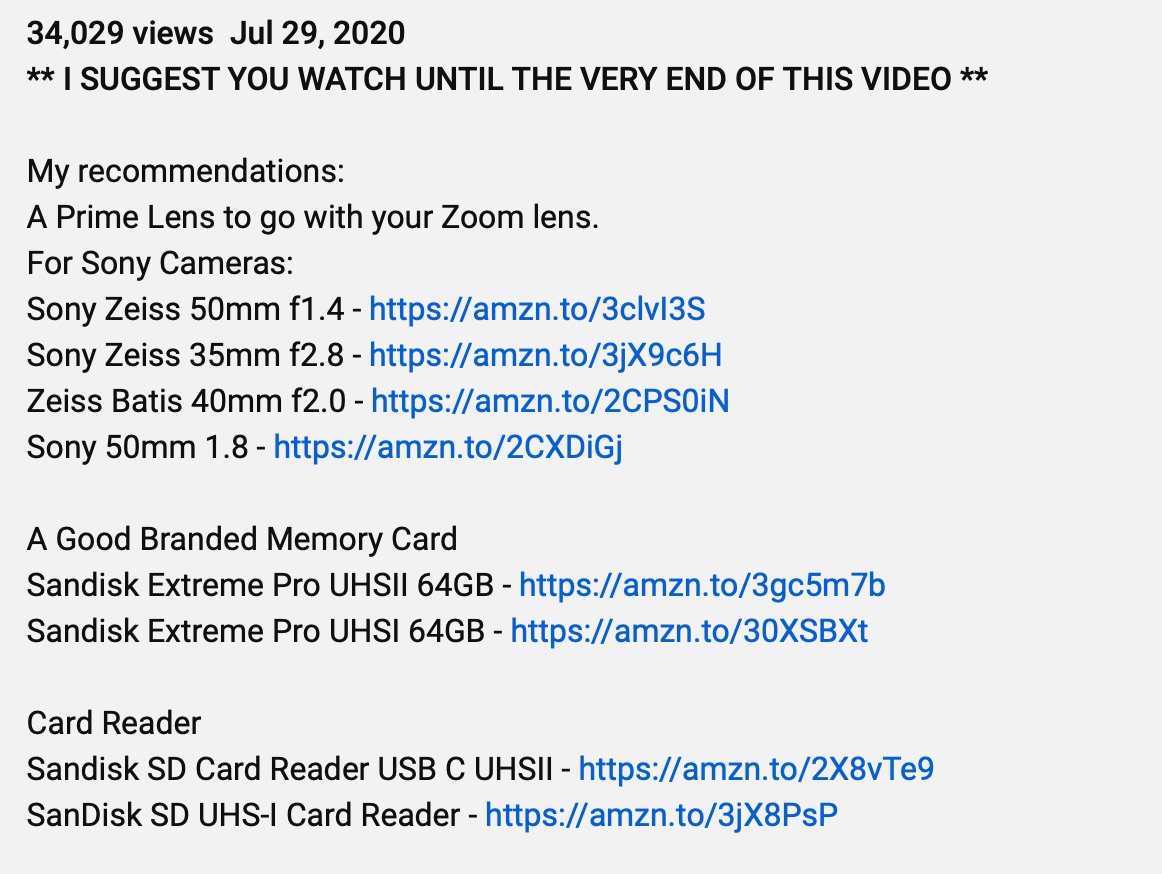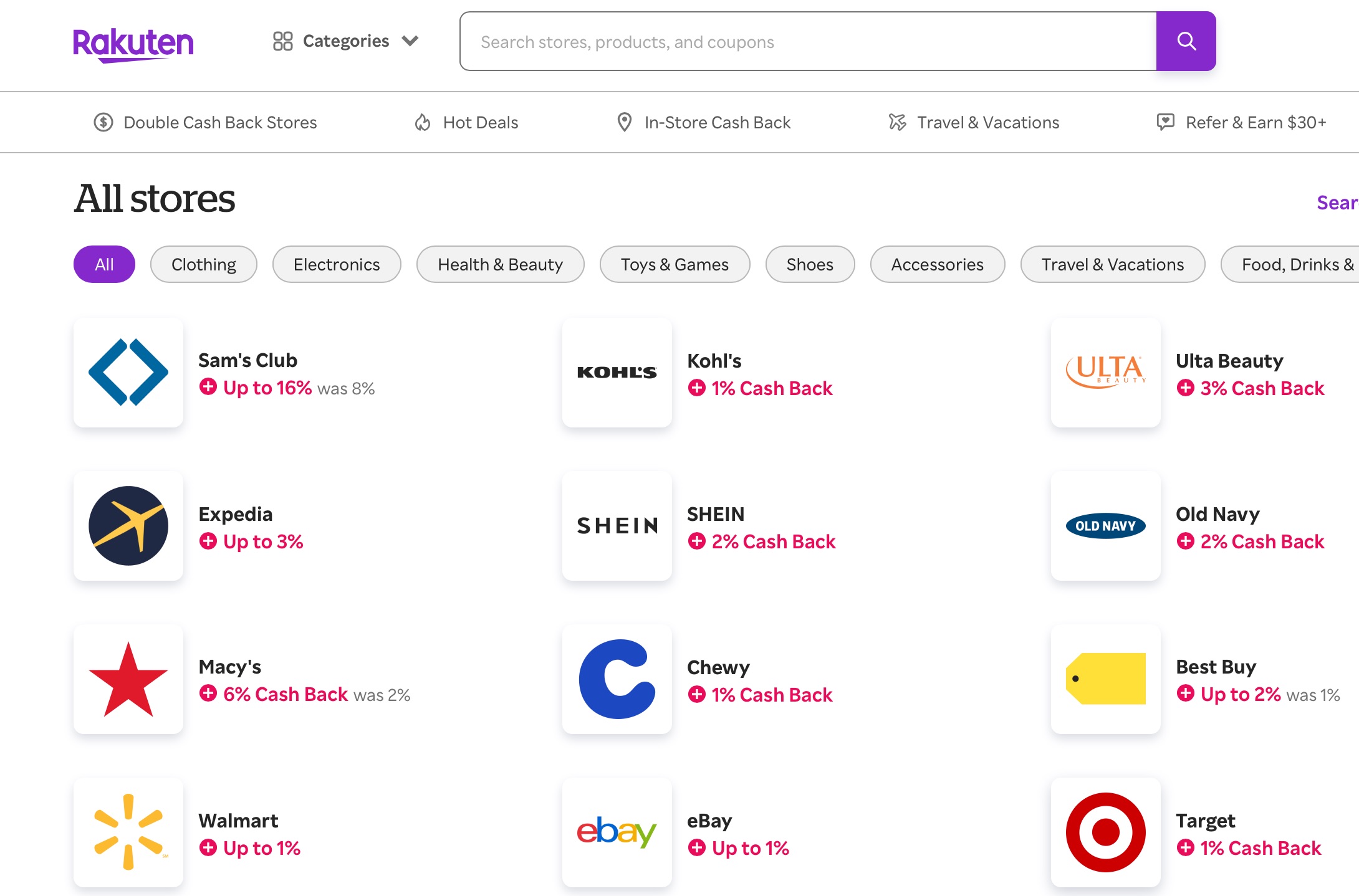The Ultimate Beginner’s Guide to Affiliate Marketing
Affiliate marketing is when a business works with other people or companies, to help sell their products or services. The affiliates help by promoting the products on their websites or social media. When someone buys from the link the affiliate shared, the affiliate gets a little bit of money as a commission. It’s like referring a friend a product online and if they buy it from your link, they get a small piece.
Before we dive in to the list, here are a few resources to bookmark to help you on your affiliate marketing journey:
– Free Affiliate Training Masterclass
– 130+ Best Affiliate Marketing Niches
– 100+ Profitable Affiliate Products to Promote in Popular Niches
– Free PDF Guide: Freelance Marketing Secrets
Let’s kick things off with a quick introduction to affiliate marketing and its potential benefits for beginners:
For beginners, affiliate marketing can be a great way to earn some extra money or even start a full-time business. It’s a relatively low-risk and low-cost way to get started in the world of online marketing. Plus, one of the MAJOR bonuses to affiliate marketing is there’s no need to create your own products or services – you can simply promote other people’s products and earn a commission.
One of the biggest benefits of affiliate marketing for beginners is the potential for passive income. This means that you can continue to earn money even when you’re not actively working on your affiliate marketing efforts. For example, let’s say you write a blog post reviewing a product and include an affiliate link to that product. As long as that blog post is live on your website, you’ll continue to earn a commission for any sales that come through that link.
Another benefit of affiliate marketing for beginners is the wide variety of products and services available to promote. Here’s an in depth article breaking down over 100 different affiliate products you can sell. From physical products like books and electronics, to digital products like online courses and software, there’s something for everyone in the world of affiliate marketing. Making it easy for you to find a product that aligns with your interests.
Next, let’s explain the basic concepts and terminology of affiliate marketing:
When it comes to affiliate marketing, there are a few key concepts, terms, and definitions that you should know.
“Affiliate” – A person or company that promotes a business’s products or services and earns a commission for every sale or lead generated through their marketing efforts.
“Affiliate Link” – A special link that has the affiliate’s unique code embedded in it, which is used to track the source of a sale or lead.
“Cookie” – A small piece of data stored on a person’s computer when they click on an affiliate link, which helps a business remember the source of a sale or lead.
“Pay-per-sale” – A method of paying affiliates in which they earn a commission only when a customer makes a purchase.
“Pay-per-lead” – A method of paying affiliates in which they earn money when a customer takes a specific action, such as filling out a form or signing up for a free trial.
“Niche” – A specific area of interest or market that a business or affiliate chooses to focus on.
“Commission” – The percentage or dollar amount that an affiliate earns for each sale or lead generated through their marketing efforts.
“Passive income” – Money that an affiliate can earn even when they are not actively working on their affiliate marketing efforts.
“Conversion rate” – The percentage of visitors to a website who take a specific action, such as making a purchase or filling out a form.
“Promotion” – The act of promoting a product through various methods, like social media, email marketing, and paid advertising.
“Gravity Score” – A metric used to measure the popularity of a product on the ClickBank affiliate network.
Let’s review the different types of affiliate programs, such as pay-per-sale, pay-per-lead, and pay-per-click:
There are different types of affiliate programs that a business can offer, and each one works differently. The three main types are pay-per-sale, pay-per-lead, and pay-per-click.
A pay-per-sale program means that the affiliate only earns a commission when a customer makes a purchase. This is a common type of program, and it’s great for affiliates who want to earn money by promoting products or services.
A pay-per-lead program means that the affiliate earns money when a customer takes a specific action, such as filling out a form or signing up for a free trial. This type of program is great for affiliates who want to earn money by promoting lead generation campaigns.
A pay-per-click program means that the affiliate earns money every time a customer clicks on a link. This type of program is great for affiliates who want to earn money by promoting traffic to a website.
Choosing the right type of affiliate program depends on the affiliate’s goals and the type of products they want to promote. It’s important to understand the different types of affiliate programs and choose the one that’s right for you.
Need some support with your business? Here’s a free guide to get you started:

Now, moving deeper in the ultimate beginner’s guide to affiliate marketing, onto my favorite part of the affiliate marketing process, exploring the different ways to promote affiliate products or services:
There are many different ways to promote affiliate products or services. One of the most common ways is through social media, your website or even a niche blog. You can write or film reviews or create content that showcases the products and includes your affiliate links. This way, when someone clicks on the link and makes a purchase, you earn a commission.
You’ll see a lot of this on platforms like TikTok, Instagram or YouTube. Here’s an example of what that could look like:
You see a video reviewing photography gear and accessories with the description outlining the products…with affiliate links. The creator of the video will receive comissions if any viewers click those links and buy the recommended products.


Video Example: https://www.youtube.com/watch?v=kf5C75-Rkmk
Another way to promote affiliate products is through social media. Share your links on Facebook, Instagram, Pinterest, and TikTok, and when someone clicks a link and makes a purchase, you earn a commission.
Another way is through email marketing. You can create a list of subscribers, and then send them emails promoting affiliate products and including your affiliate links. When someone clicks on the link and makes a purchase, you earn a commission.
There are many other ways to promote affiliate products or services, such as through video marketing, influencer marketing, and paid advertising. The key is to find the methods that work best for you and your target audience. You can try different methods and then focus on the one that brings you the most results.
Here’s a few tips for selecting the right affiliate products or services to promote:
When it comes to selecting the right affiliate products or services to promote, there are a few things to keep in mind. The first thing to consider is the commission rate. This is the percentage of the sale that you will earn as an affiliate. A higher commission rate means more money for you.
The second thing to consider is the product’s quality. You want to promote products or services that are high-quality and that you believe in. This will make it easier to promote them and it will also help you build trust with your audience.
The last thing to consider is your target audience. You want to promote products or services that align with the interests and needs of your target audience. This will help increase the chances of making a sale.
This wouldn’t be the the ultimate beginner’s guide to affiliate marketing without including a few resources for you!
When considering affiliate products, here are two resources to help you:
– 90 Affiliate Marketing Niches
– 100+ Profitable Affiliate Products to Promote in Popular Niches
Tips to increase your conversions and maximize earnings:
Since this is the ultimate beginner’s guide to affiliate marketing, we want to include a few strategies you can use to increase conversions and maximize your earnings. Our preferred strategy is to focus on building a relationship with your audience. This is done by creating valuable content that provides solutions to their problems or addresses their needs. By building trust with your audience, they will be more likely to click on your affiliate links and make a purchase.
Another strategy is to use multiple promotion methods. You can promote your affiliate products or services through your website, blog, social media, email marketing, and more. You can even diversify on social media by choosing to promote on affiliate friendly platforms like Pinterest, TikTok, or YouTube. The more places you promote your affiliate products, the more chances you have of making a sale.
Finally, be sure to track your results, review your data, and use that data to optimize your efforts. This means keeping an eye on conversion rates, the products that are selling well, and the methods that are bringing you the most success. By analyzing your results, you can make adjustments and improve your performance over time.
Common mistakes to avoid as a beginner affiliate marketer:
It’s important to be aware of some common mistakes that you should try to avoid and we want to include them here in the the ultimate beginner’s guide to affiliate marketing.
One mistake is promoting too many products at once. It can be tempting to want to promote as many products as you can. But, it’s important to focus on promoting only a few high-quality products that you believe in and that align with your niche and target audience. This way, you can give your full attention and effort to those products, and increase your chances of making a sale.
Another mistake to avoid is not properly disclosing affiliate relationships. As an affiliate marketer, you are required to let your audience know when you are promoting a product or service as an affiliate. This can be done by adding a disclaimer on your website or in your social media bio. Failure to disclose affiliate relationships can lead to legal issues and loss of trust with your audience.
A third mistake to avoid is not testing and tracking your results. Not keeping track of what’s working and what’s not, can prevent you from making the necessary adjustments to improve your performance and maximize your earning potential.
Congratulations, you’ve made it to the end of the ultimate beginner’s guide to affiliate marketing! We’ve covered a lot of information, including the benefits of affiliate marketing, the basic concepts, terminology, and strategies for increasing conversions.
Here are some key takeaways to remember:
- Affiliate marketing is a great way to earn money by promoting other people’s products or services
- It’s important to understand the basic concepts and terminology of affiliate marketing such as affiliate link, cookie, pay-per-sale, pay-per-lead, niche, commission, and passive income.
- There are many ways to promote affiliate products or services, including through a website, blog, social media, email marketing, and more.
- To increase conversions and maximize earnings, it’s important to build a relationship with your audience, use multiple promotion methods, track and optimize your results.
- Some common mistakes to avoid as a beginner affiliate marketer include promoting too many products at once, not properly disclosing affiliate relationships, and not testing and tracking your results.
Lastly, Tools, Training, & Resources you will find invaluable on your affiliate journey:
– Free Affiliate Training Masterclass
– 130+ Best Affiliate Marketing Niches
– 100+ Profitable Affiliate Products to Promote
Affiliate Disclosure: Some of the links in this article may be referral links. If you click on one of these links and make a purchase, I may receive a commission. However, it is important to note that you are under no obligation to use these links. The information provided in this article is intended to be informative and helpful to you. The commission received will not affect the cost to the consumer or the quality of the product.










